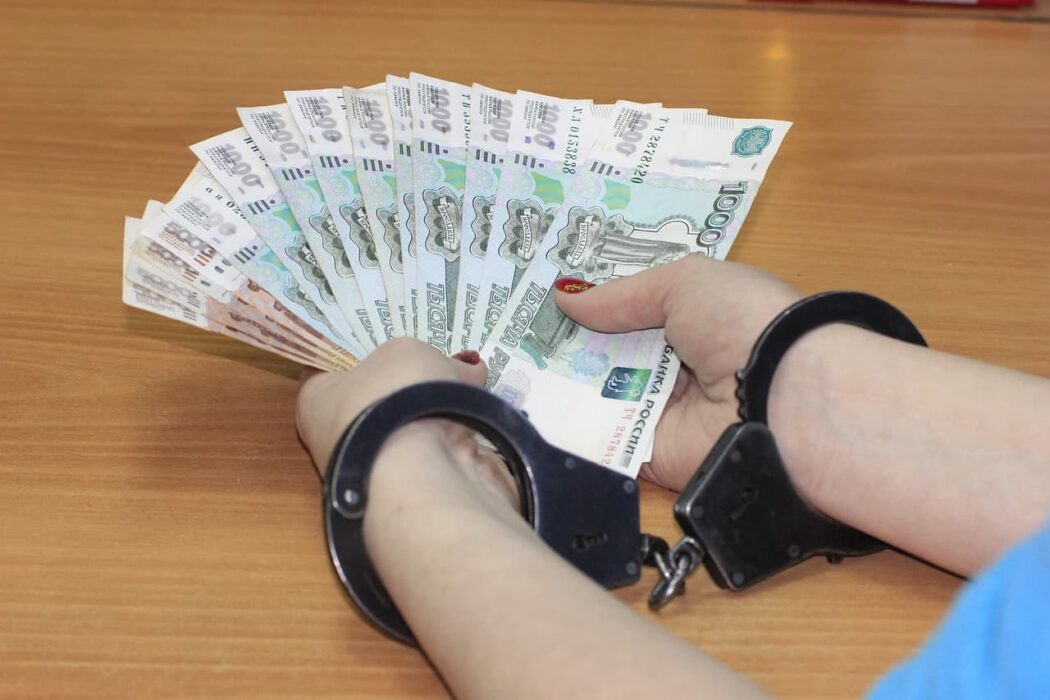Public organizations are supposed to serve the people. But sometimes, people in these organizations become corrupt. Corruption happens when people in power do wrong things to gain money, gifts or other advantages. Corruption makes things unfair to others. Let’s explore what corruption is and how it shows up in public sectors.
Types of Corruption in Public Organizations
Kickbacks for Contracts
Government officials receive secret payments from businesses in exchange for awarding them public contracts. For instance, a company might win a construction project not because it offers the best value, but because it has agreed to pay off the official in charge of the selection process. As a result, for example, people might have poorly built roads because the contracts were not given to the best companies.
Licensing and Permit Corruption
Government employees accept bribes to fast-track the issuance of licenses and permits or to issue them under questionable circumstances. This could involve a health inspector ignoring violations in exchange for money, or a city official issuing building permits for unsafe constructions.
Bribery
Police officers or other law enforcement agents take bribes to ignore crimes. A traffic officer might accept money in exchange for not issuing a ticket, or a police detective might overlook evidence in a criminal case for personal gain.
Politician Graft
Politicians use their positions to secure illegal gains. An example would be a politician who influences the allocation of government land to a developer in exchange for a share in future profits.
Embezzlement of Public Funds
Employees or officials in public organizations divert funds intended for public projects into their accounts. This could involve a school administrator siphoning off money meant for books.
Nepotism and Favoritism
Hiring or promoting relatives or friends over more qualified candidates. For example, a senior official in a government department might hire a nephew for a high-paying job despite the nephew’s lack of qualifications.
Ghost Workers
Salaries are paid to non-existent employees, and the money is pocketed by the officials involved. This often happens in large organizations where payroll oversight is poor.
Misuse of Public Resources
Officials use government vehicles, buildings, or other resources for personal gain. An example would be a government official using a state-owned vehicle for private family trips.
Bid Rigging
A bidding process for a public project is manipulated to ensure that a particular contractor wins, often in exchange for bribes. This can involve leaking confidential bid information or unfairly disqualifying other bids.
Money Laundering through Public Projects
Officials manipulate public projects to launder money obtained from illegal activities. This might involve overbilling for public projects to move illicit funds into the legitimate financial system.
Corruption is a global issue. It happens in many countries and many ways. Fighting corruption is hard, but it’s possible.

Ways to Fight Corruption
To fight corruption, we need to use many strategies. Here are some effective methods to stop it:
Transparency
Public organizations should be open about their decisions and actions. This means they must share information with journalists and NGOs. When government actions and information are open, people can more easily watch over them and ask for responsibility.
Laws and Enforcement
To identify corruption, we need strong laws. However, laws alone are not enough; they must be enforced. Officials who are just thinking of taking bribes should understand that, sooner or later, they will be punished.
Public Awareness
Public awareness is another key strategy in the fight against corruption. People should know about the types of corruption and their effects. Only when people can identify what constitutes corruption and what does not, they can stand up against it.
Technology
Technology can make it harder for corrupt activities to go unnoticed. For example, electronic payments create a digital trail that can be investigated. AI and machine learning can look through large amounts of data to find patterns that suggest corruption. Drones and satellite imagery technology can monitor infrastructure projects, natural resource extraction, and environmental compliance. Biometric verification, such as fingerprint and facial recognition, can prevent identity theft and fraud in public services.
Whistleblower Protection
Potential whistleblowers should be aware of their legal rights and understand their safety measures. This knowledge can reduce their fear and make them more willing to speak up. That is why state and private media, NGOs and government should often make campaigns to inform people about their rights.
International Cooperation
Corruption often goes beyond one country, so countries have to work together to find and punish those involved in corruption and money laundering. Governments can sign agreements to hand over criminals, help each other legally, and share financial information.
Corruption destroys the well-being of people everywhere. Hopefully, we know how to fight it. We just need to act together.
